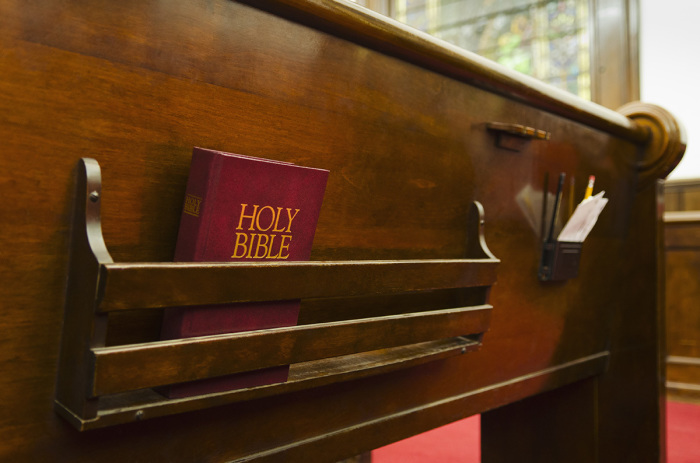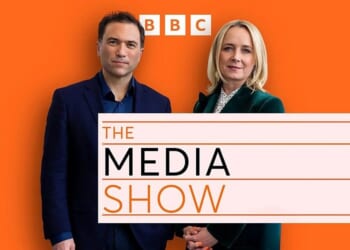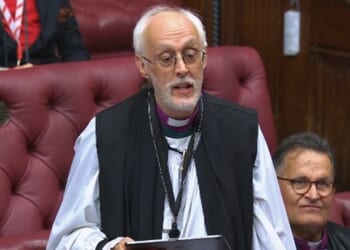
Americans are split on the accuracy of the Bible, as the public remains divided about institutional trust in religion and the family, a new study finds.
The American Bible Society released the seventh chapter of its “State of the Bible USA 2025” report on Tuesday. The research, which focuses on Americans’ levels of trust in several institutions, including religion and the Bible, is based on responses from 2,656 American adults collected in online interviews between Jan. 2 and Jan. 21.
When asked if they agreed that “the Bible is totally accurate in all the principles it presents,” 36% of respondents answered in the affirmative, while 39% disagreed.
“A half-century ago, Americans generally trusted the Bible. Attitudes are more complex these days,” said John Farquhar Plake, chief innovation officer at the American Bible Society and editor-in-chief of the State of the Bible series, in a statement reacting to the findings of the research.
An overwhelming majority of practicing Christians (88%) — those who say they are Christian, attend church at least once a month and consider their faith “very important” in their lives — believed in the total accuracy of the Bible, while 4% did not and the rest were unsure.
Among nominal Christians — people who consider themselves Christian but do not attend church at least once a month — 32% do not view the Bible as entirely accurate, while 29% do.
About 45% of casual Christians, those who go to church at least once a month but do not consider their faith “very important,” characterized the Bible as totally accurate, while 23% took the opposite view. The overwhelming majority of non-Christians (70%) did not agree that the Bible is totally accurate, while 12% embraced the opposite position.
Nearly a quarter (24%) of those surveyed agreed that “the Bible is just another book of teachings written by people that contains stories and advice.” A majority of “nones” (60%) — those who do not practice any religion — embraced this idea.
Eighteen percent of the public indicated that they believe the Bible was “written to control or manipulate other people,” including 50% of “nones.” On the other hand, a majority (58%) of Americans agreed that “the message of the Bible has transformed my life.”
Plake says the data shows the nation is “grappling with Scripture and its meaning for our lives.”
“Our latest survey finds a mixture of belief and questioning in the American public,” Plake added. “It’s true that nearly one in five Americans think the Bible was written to control and manipulate, but twice that many trust the Bible as ‘totally accurate in all the principles it presents.'”
On a scale of 0 to 4, with 0 indicating “no trust” and 4 indicating “very high” trust, the average level of trust in religion was 1.8. Americans were more trustworthy when it comes to families (2.4), medicine (2.2) and education (2.1). On the other hand, the average level of trust was lower for arts and entertainment (1.6), business (1.6), government (1.2) and the media (1.1).
A total of just over one-sixth (17%) of those surveyed reported having “no trust” in religion, with higher percentages expressing “no trust” in the government (22%) and the media (29%). Meanwhile, much smaller shares of Americans told pollsters they had “no trust” in families (3%), medicine (5%) and education (5%).
Broken down by level of Scripture engagement, Scripture-engaged respondents who scored the highest on the Scripture Engagement Scale, measuring the impact and centrality of the Bible on their lives, had higher average levels of trust in the family (2.7) than their counterparts with lower Scripture engagement scores in both the movable middle and the Bible disengaged categories (2.5).
Similarly, the Scripture-engaged had higher average levels of trust in the Bible (2.8) than the movable middle (2.3) and the Bible disengaged (1.2).
Ryan Foley is a reporter for The Christian Post. He can be reached at: ryan.foley@christianpost.com

















